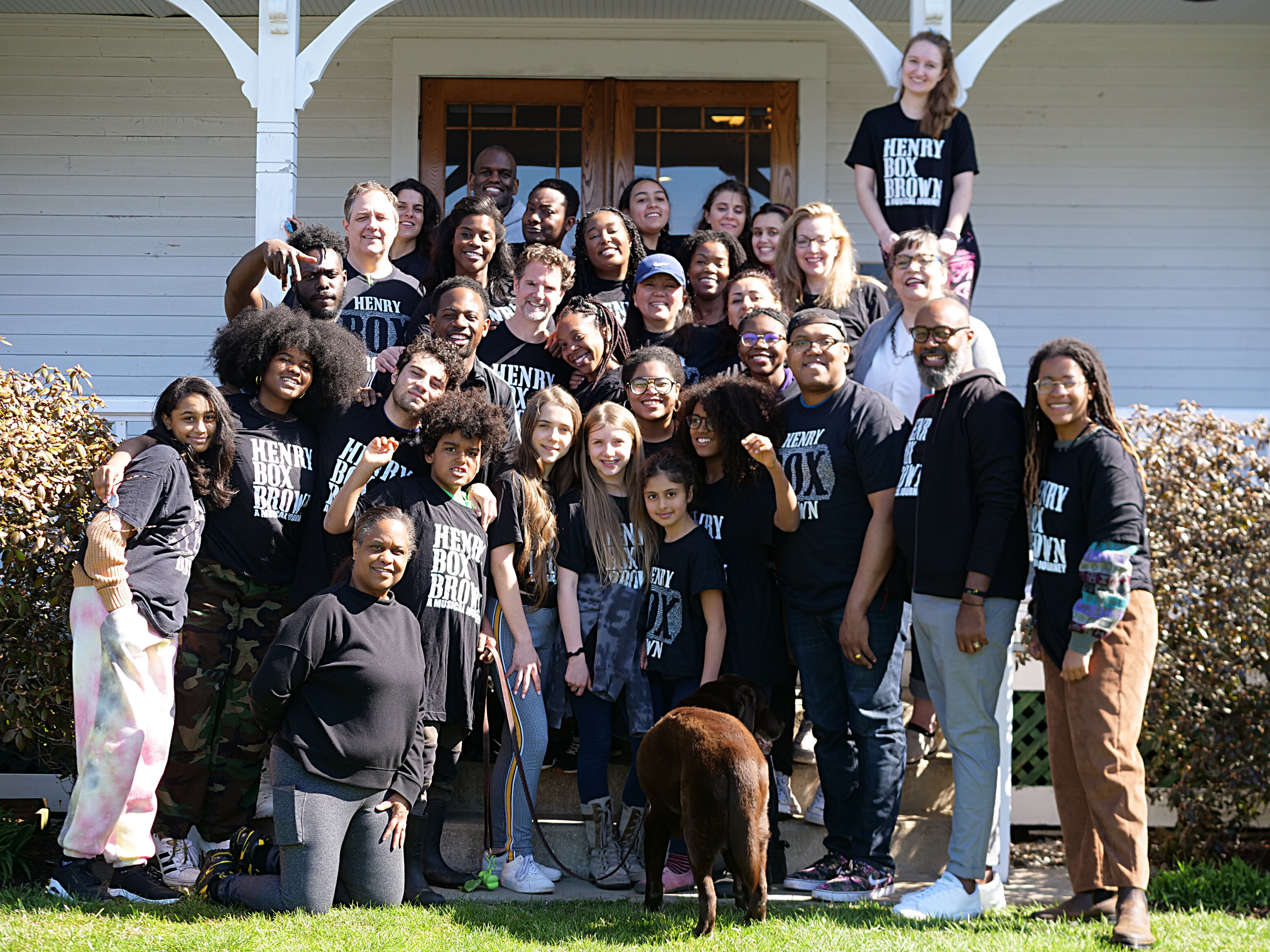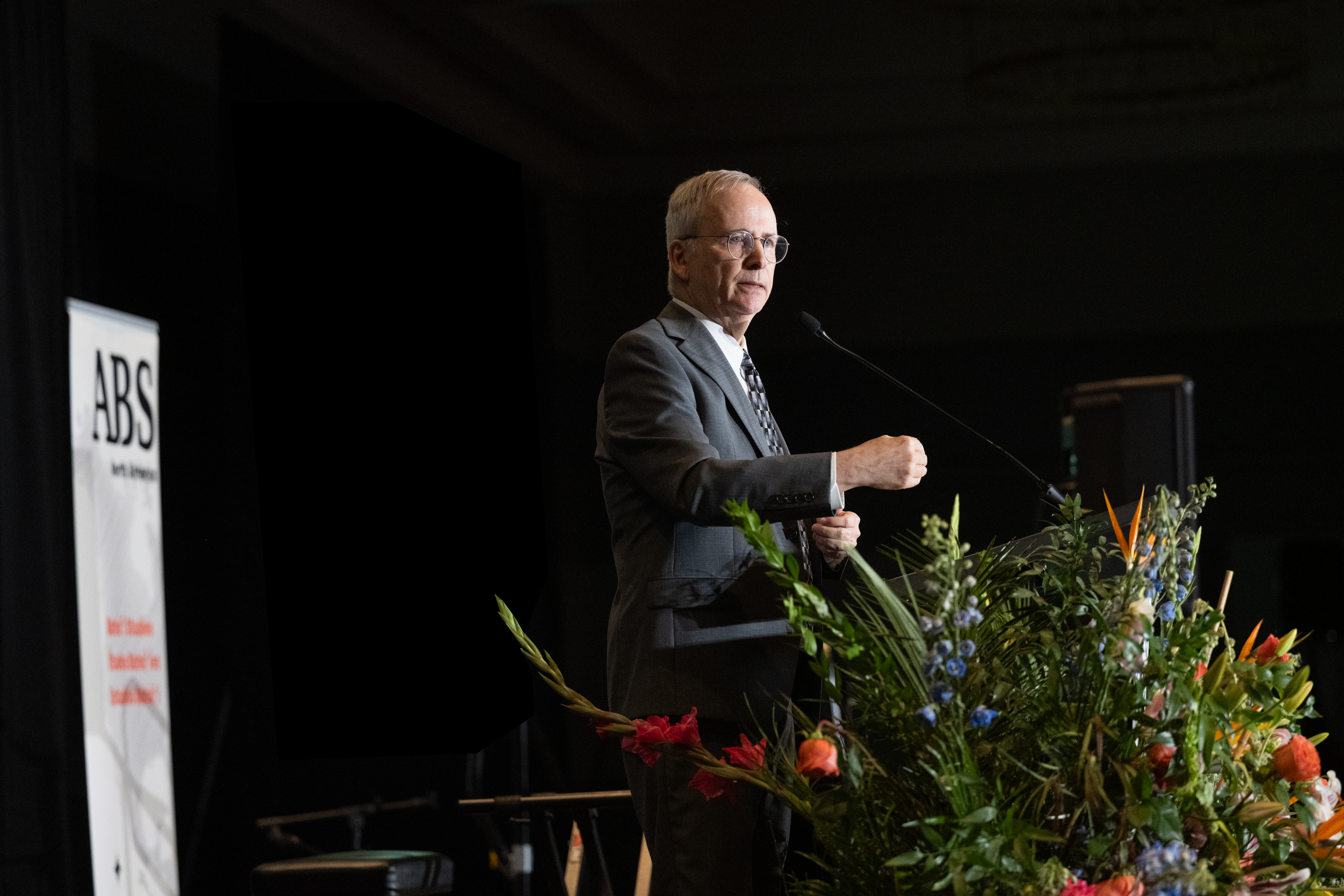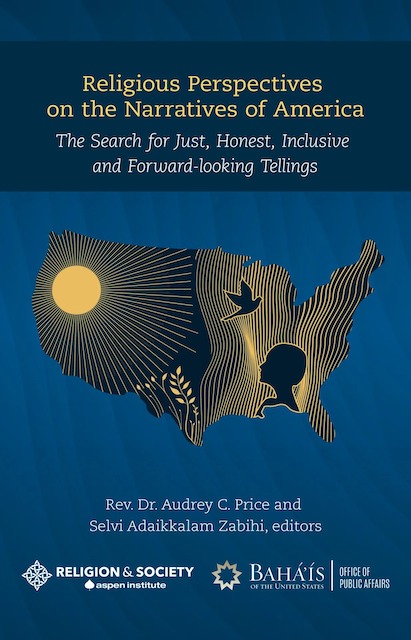
Video project sheds light on story of early African American Baha’i woman

Editor’s note: The historical inquiry into African Americans in the early U.S. Baha’i community is still unfolding. Here is a profile of Olive Jackson, who very well may be the first African American woman to embrace the Faith.
In the early summer of 2020, people around the world grappled with the social unrest and distress resulting from the tragedy of the murder of George Floyd. In the aftermath, some Baha’is looked at gaps in their own history to further explore the experience of African Americans in the Baha’i Faith.
In this endeavor, Geneva Walker of Washington, D.C., learned of someone who may be the first African American Baha’i woman: Olive Jackson. Inspired by her story, Walker became determined to create a project to share with the community.
“The project started with me looking up info on her and finding very little, to my great disappointment,” Walker says of her work on the video. “Finding small references to her in a few Baha’i sources as well as a reference in the Census is what directed me to look there first.”
As a white woman, Walker knew her lens of seeing all aspects of Jackson’s story was limited. In order to give Jackson’s story the respect it deserved, she consulted and collaborated with Andrea Hope, a Baha’i friend and African American woman, throughout the development of this story.
Hope encouraged Walker to contact the U.S. National Baha’i Archives, which provided them with details regarding Jackson’s official membership documentation in the Baha’i Faith. Together, they were able to bring Olive Jackson’s story back to life.
“My hope was to take that research and turn it into a narrative, a story that people could see themselves in even if they weren’t African American or they weren’t a woman,” says Hope. “What was life like for an African American woman becoming a Baha’i during that time? What were the pressures? What were the inequalities? What would they have been hopeful of?”
Walker spent months combing through any data she could find on Olive Jackson and early African American women in the Baha’i Faith. She read through work by Baha’i historians including Gwendolyn Etter-Lewis and Robert Stockman, and anything she could find to better understand the Baha’i cultural climate at the time.
Walker compared streets where Olive Jackson lived to the current location of the New York City Baha’i Center, imagining what activities were like at the time, all while collaborating with Hope on how to form this collected information into a coherent story.
“This project feels important, not just to us, but for all Baha’is,” says Walker. “Olive Jackson is the first African American woman in our recorded history [Baha’i membership records] and most people do not know about her.”
This collaboration between a white and Black woman, notes Tod Ewing, shows a “spirit of unity” as well as respect for Olive Jackson, and for African American women in general. Ewing, a local Baha’i community member and author who writes on topics of racial justice and unity, consulted with the women on the video project.
“I was perplexed at why, after being a Baha’i for almost 50 years, I have only heard the name Olive Jackson in the past few years,” says Ewing. Even so, he says he felt honored to play a small part in this project.
As described in the video, Jackson likely endured many hardships simply for being born an African American woman in the United States. Yet, it is her ability to rise above these hardships in embracing a world-unifying Faith that makes her journey even more inspiring.
“The information in this video enhances the history of the Baha’i Faith,” says Etter-Lewis, co-author of Lights of the Spirit: Historical Portraits of Black Baha’is in North America, 1898-2000. “In particular, this is strong evidence that Black people played key roles in the history of the Faith. The fact that she could embrace the Faith was a way of opening the door like Robert Turner [the first African American man to enroll in the Baha’i Faith] did, for all of us who came after her.”





